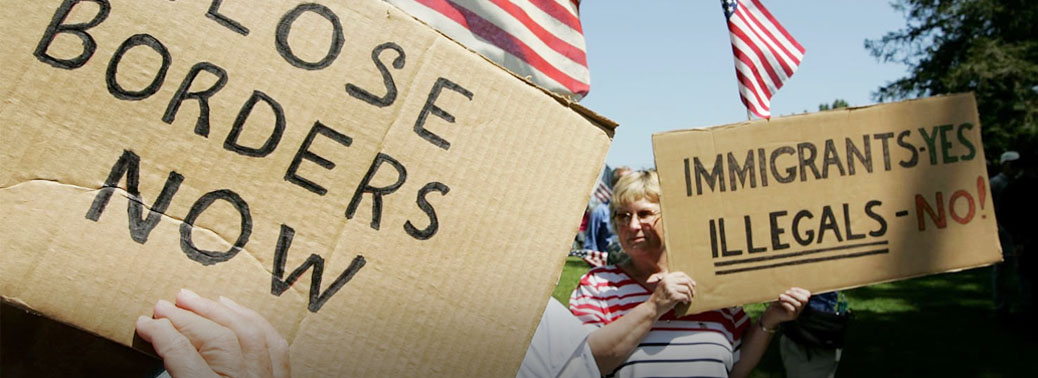India Rejects U.K. Proposal on DNA Tests for ‘Illegal Migrants’
08, Aug 2018

Prelims level :
Mains level : Paper III Bio technology
- India rejected a proposal by the U.K. to use DNA sampling to establish the nationality of illegal migrants living there citing “privacy issues”.
MoU:
- In January, Union Cabinet approved the contents of a MoU on “return of illegal migrants” to be signed with U.K.
- MoS Home Kiren Rijiju, who led a delegation to U.K the same month, signed the MoU.
- As per the original MoU, the security agencies in India were to verify the antecedents of document less illegal migrants in the U.K within 72 days and those with documents within 15 days.
- If no report was given within the stipulated time frame, the illegal migrant would be deported automatically.
- In April, the pact was expected to be signed during the visit of Prime Minister Narendra Modi to London, but it was not included in the official list of business.
- The agreement was put on indefinite hold after National Security Adviser conveyed that the 15-day limit was unworkable.
Unethical:
- The U.K. authorities suggested that the nationality of document-less illegal migrants suspected to be Indians could be established by matching DNA samples of their family members living here.
- India raised objections that this was a breach of privacy and unethical.
DNA Testing:
- DNA testing is basically comparative testing, which allows for two DNA samples to be sequenced and compared to see if two people are biologically related.
- Most developed nations use DNA testing on a routine basis when assessing immigration applications.
- DNA testing is a relatively straightforward process to ensure that accurate evidence is provided. Although applicants are not forced to undergo DNA testing in relation to their immigration application, it is in their best interests to do so, assuming they have been truthful about a claimed familial relationship.
- This type of testing also ensures that international applicants who are dishonest about a relationship or show false and forged documentation can be identified and prevented from entering the country. With DNA testing, a more fair and accurate system of immigration can be supported.






